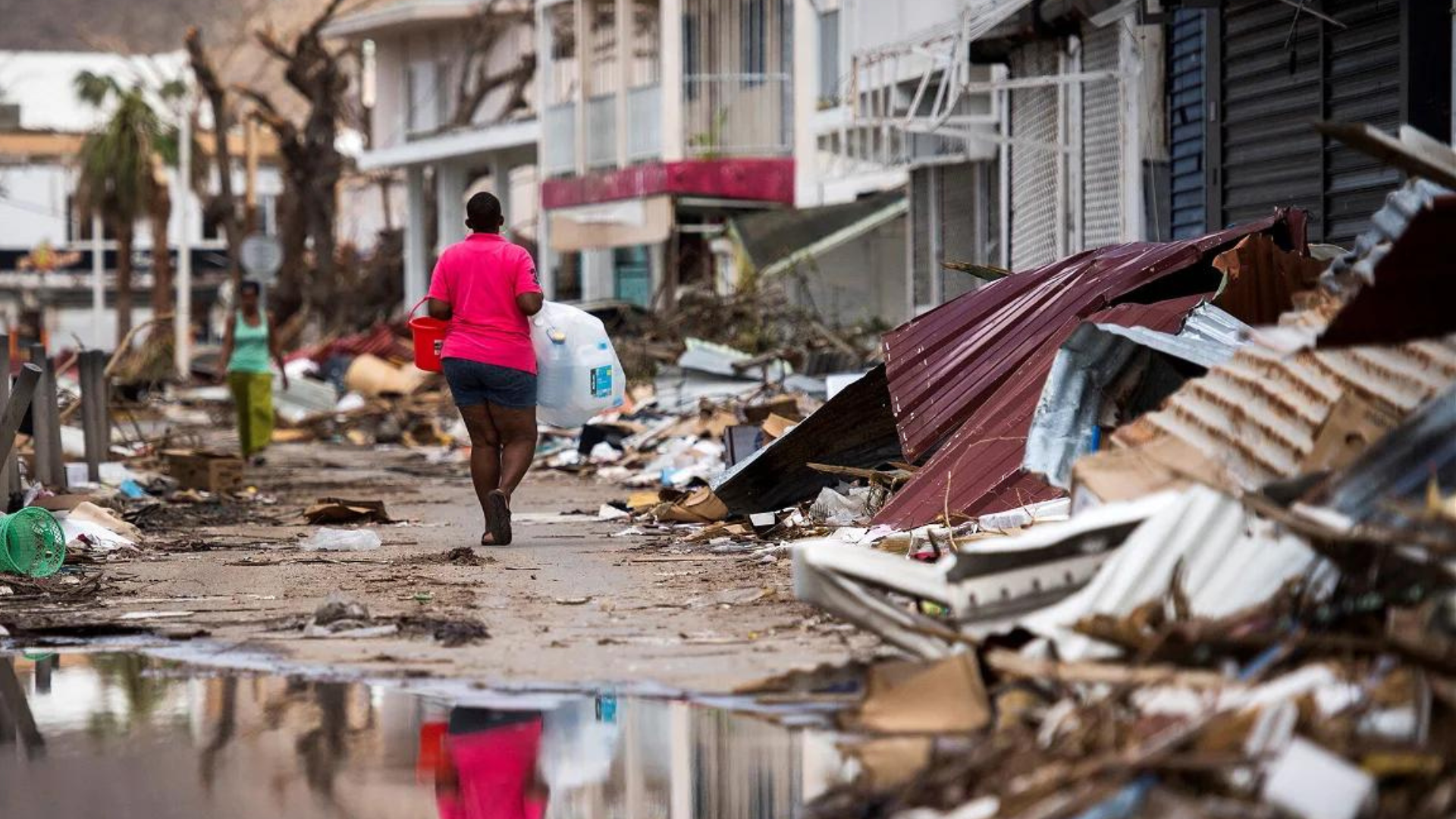As Rich Nations Debate Climate Solutions, The Storm-Ravaged Caribbean Takes Action
As rich nations debate climate solutions, the storm-ravaged Caribbean takes action accordingly. When Hurricane Fiona hit Puerto Rico in September, the storm's strong winds knocked out the fragile power grid, resulting in a nearly island-wide blackout.
Author:Paula M. GrahamReviewer:Hajra ShannonNov 16, 20222K Shares75.9K Views

As rich nations debate climate solutions, the storm-ravaged Caribbean takes action accordingly. When Hurricane Fiona hit Puerto Rico in September, the storm's strong winds knocked out the fragile power grid, resulting in a nearly island-wide blackout.
Carlos Ramos assists his friends in cleaning up their flood-damaged beach house in Salinas. Most of Ramos' neighbors in Aguas Buena's, in the island's central mountain range, lost power as a result of the hurricane, he said.
Frustrated by rising electricity costs and the constant threat of power outages on the storm-ravaged island, the 59-year-old retired banker had solar panels installed.
This week, world leaders are in Sharm el-Sheikh, Egypt, for the UN's COP27 climate summit, where they are negotiating solutions to the climate crisis and debating how to help developing countries switch to clean energy and pay for extreme weather disasters.
However, millions of people are already feeling the effects of their actions. The Caribbean islands, where sea levels are rising and hurricanes are becoming more intense, are among the regions that have long suffered from these devastating effects.
However, Caribbean leaders, residents, and even utility companies say they are sick of waiting for world leaders to come to their rescue. According to experts and residents, the islands are now eagerly adapting on their own through grant funding, phasing out fossil fuels, and advancing clean energy across the region to better prepare for the worsening effects of the climate crisis.
Microgrids Power The Lights
The Bahamas successfully developed a solar-powered microgrid last year that provides renewable energy to every home on Ragged Island, a small island community devastated by Hurricane Irma. In 2017, a Category 5 hurricane ripped through the Caribbean, displacing thousands of people and knocking out power grids.
The Ragged Island electric project was designed so that if a storm hits and knocks out the power, the 390-kilowatt microgrid can disconnect from the main grid and keep the lights on for residents.
The success of that project had a ripple effect throughout the Bahamas, according to the director of the Islands Energy Program at the Rocky Mountain Institute, a non-profit organization working to scale up clean energy programs to reduce global emissions.
The country has now deployed more microgrids to other islands, totaling nearly 6.5 megawatts of renewable energy across the country, enough to power approximately 300 Caribbean houses.
Investing In The Caribbean's Future
David Gumbs, director of the Islands Energy Program at the Rocky Mountain Institute, personally felt Irma's fury on his home island of Anguilla, where he was the CEO of the island's utility company at the time.
Now with RMI, he is in charge of overseeing the Caribbean region's energy transition, redesigning the electricity grid to be fossil-fuel-free and climate-resilient.
“„“There’s such an enormous opportunity, we would love for it to happen at scale, to just transform the entire system to renewables tomorrow, but there are certain barriers to do that.”- David Gumbs, director of the Islands Energy Program at the Rocky Mountain Institute
At COP27, money is the biggest debate. Developing nations are putting more pressure on the world’s richest countries to help them recover from climate disasters.
Negotiators will also discuss the existing promise of climate finance meant to help developing countries adapt to climate change and transition to clean energy, a $100 billion-a-year pledge that rich countries have yet to make good on.
And, because the Caribbean islands see clean energy as a way to not only withstand disasters but also save money on electricity bills, Moses says the region's momentum and political interest are growing, and island governments are turning to groups like RMI and other nonprofits for grant funding to pursue their clean energy goals.
However, Gumbs stated that more clean energy programs, educational resources for residents, and access to grant-making entities are still required. The solutions are ready for him. He believes the Caribbean could be the model that persuades both wealthy nations and the private sector to invest in climate solutions through climate finance.

Paula M. Graham
Author

Hajra Shannon
Reviewer
Latest Articles
Popular Articles